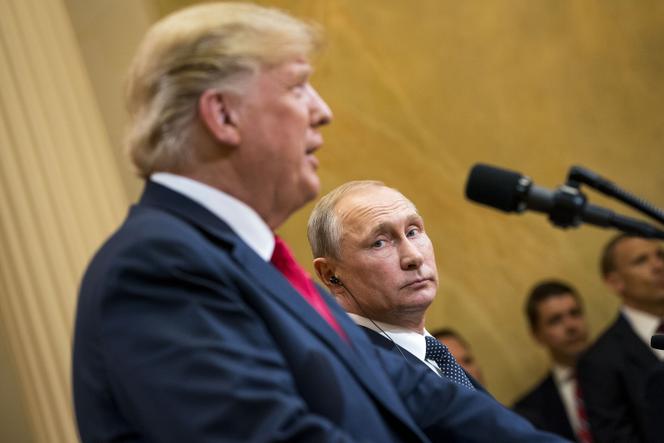Putin Muses on Unity Between Russia and Ukraine at St Petersburg International Economic Forum
During the St Petersburg International Economic Forum last week, Russian President, Vladimir Putin, expressed some noteworthy views during the plenary session. Subsequent translations from Russian to English allowed global comprehension of his insights.
A focal point of Putin’s discourse was on the relationship between Russia and Ukraine. He voiced his belief that the Russian and Ukrainian people are essentially one and the same. Further strengthening this idea, he referred to an age-old rule that wherever a Russian soldier sets foot, the territory could be considered Russian.
Despite these strong statements, Putin was quick to acknowledge that Russia never disputed Ukraine’s independence or sovereignty. He pointedly cited the 1991 declaration of Ukraine’s independence, which explicitly positions Ukraine as a non-aligned, neutral, and non-nuclear state.
When probed about Russia’s potential reaction should Ukraine resort to the use of a ‘dirty bomb’, Putin’s response was severe. He expressed a belief that it would represent an enormous mistake on Ukraine’s part, possibly their gravest to date. He cautioned that any threats towards Russia are met with retaliations.
His warning was stern, stating that Russia’s retaliation to such an action would be substantial and possibly catastrophic for the Ukrainian regime, and tragically, for Ukraine as a whole. However, he expressed a solemn hope that such conditions would never materialize.
Switching topics, Putin touched upon the ongoing Iran-Israel conflict. He stressed upon the importance of not rushing resolutions, so as to avoid potential harm to the process. Recognizing potential areas of common ground, he mentioned Russia’s involvement in proposing ideas to both parties.
Putin was clear to point out that Russia’s role was not that of a mediator, but simply as a proposer of ideas. He claimed Russia’s happiness lies in the mutual acceptance of these shared thoughts by both Iran and Israel. He also made it clear that their proposals were under active discussion.
The frequency of communication with Iran was also brought up by Putin. He stated that Russia keeps in touch with their ‘Iranian friends’ almost daily. He ended on an optimistic note, expressing hope for positive outcomes of these discussions.
Transitioning onto a darker topic, Putin admitted his apprehensions about the increasing risk of a third World War. His worries were drawn from emerging happenings across the world, particularly pointing to events taking place in the Middle East.
His anxieties also stemmed from the current situations surrounding Iran’s nuclear facilities. The escalating tensions in this regard are of considerable concern to Russia and were clearly articulated in Putin’s discourse.
Putin also voiced Russia’s unwavering support for Iran’s rights to utilize nuclear energy for peaceful purposes. Citing the nuclear reactor Russia established in Bushehr, Iran, as an example, he demonstrated his country’s commitment to supporting Iran in this aspect.
Despite the mounting complexity of the situation, Putin asserted that Russia is continuing its work in Iran. He did not neglect to acknowledge the imminent dangers that loom over these operations.
However, Putin strongly clarified that Russia has no plans to pull out its personnel from Iran at the moment. He maintained this stance, despite the prevailing challenges and threats posed by the environment.
Overall, Putin’s commentary offered deep insights into Russia’s stance on key global issues, particularly those in Ukraine and the Middle East. His speeches served to shed light upon Russia’s approach to these sensitive international matters.
In conclusion, as the discussions continue and world events unfold, it will be of international interest to track Russia’s ongoing roles in these regions. Putin’s recent remarks have certainly established a basis for expectations and speculations about future developments.

